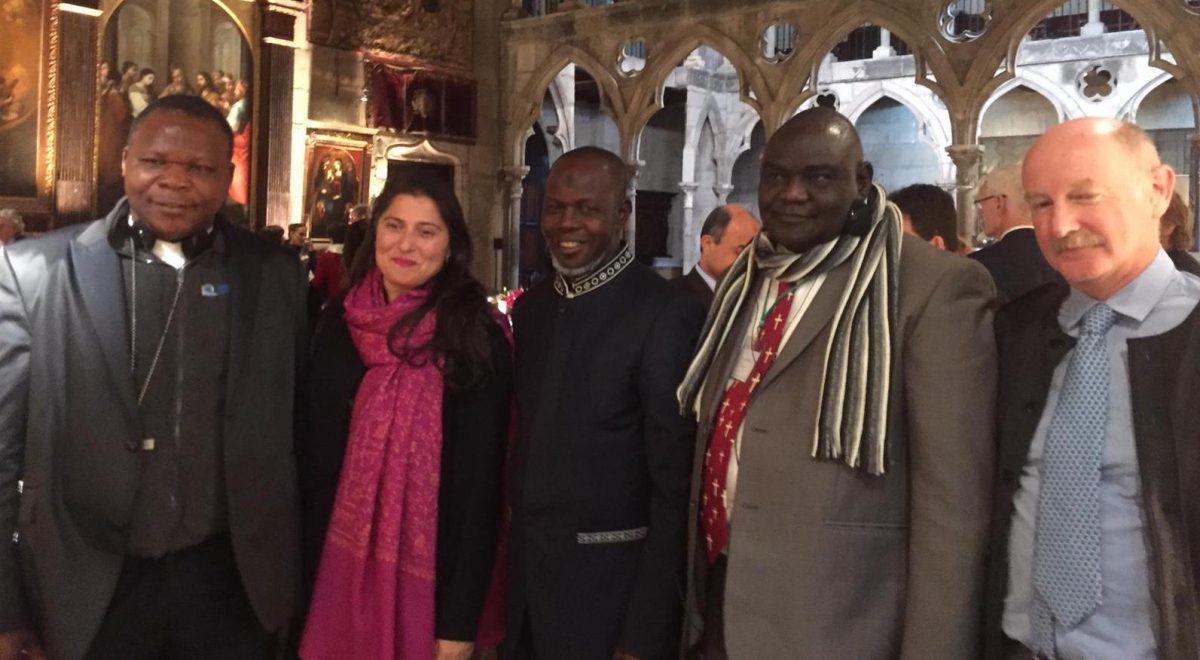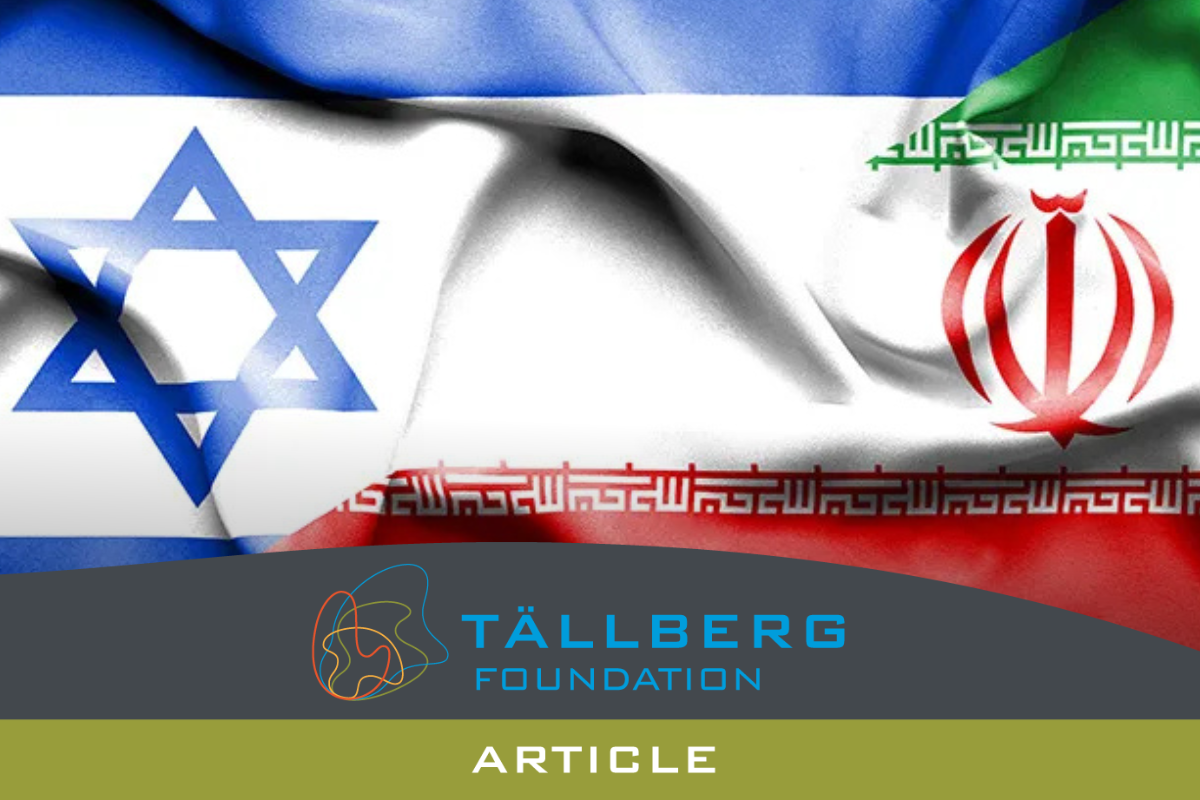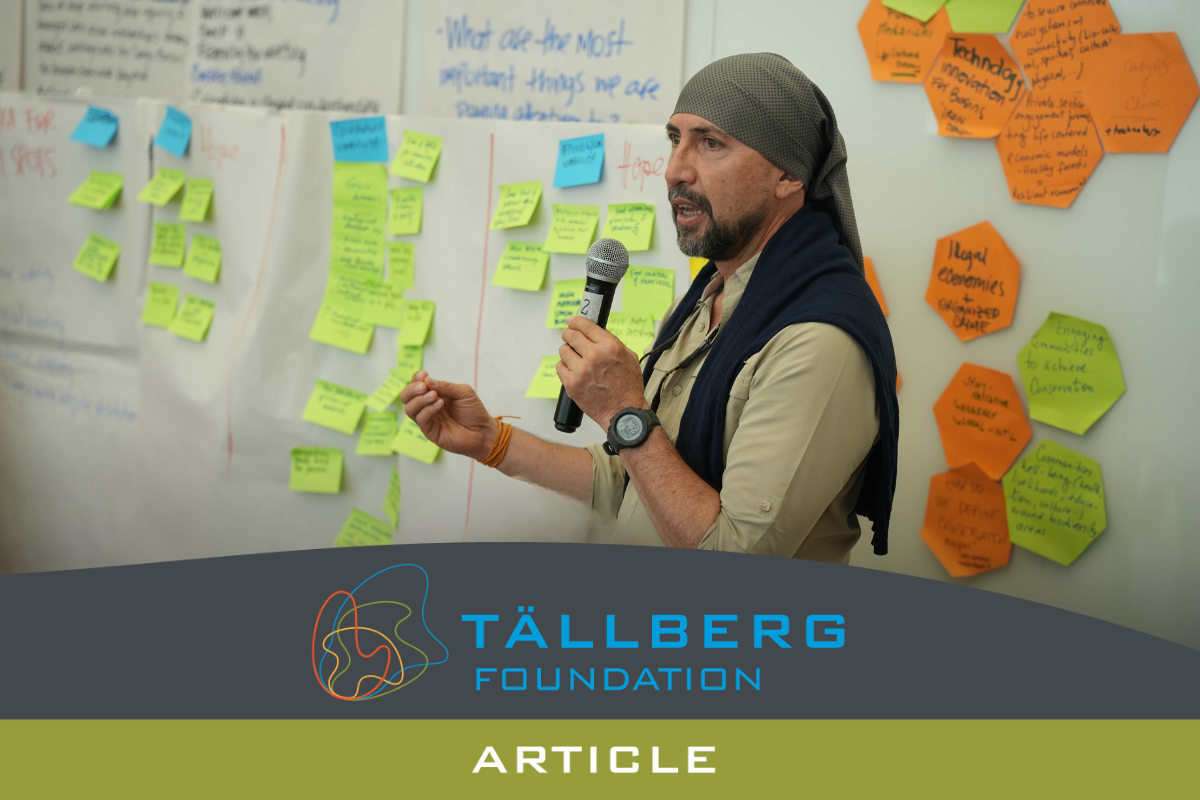In the 35 years since a Swedish businessman named Bo Ekman created the Tällberg Foundation, both the world and his organization have changed dramatically.But, as the foundation’s current chairman, Alan Stoga, noted last month in Mexico City, Ekman’s central tenet may be even more valuable today: “His idea was that intelligent, questioning, respectful, non-partisan conversation among a diverse group of people was the best way to understand the world - and the best way to avoid getting stuck in self-reinforcing silos.”
The group of fifty that convened for a day-long workshop at ITAM on November 14 was certainly diverse - filmmakers, scientists, business people, academics, politicians, and more, from every corner of the world. This is key to the Tällberg magic, notes board member Defne Ayas, a visual arts curator, educator, and publisher. “The discussions are always transforming,” she says. “It is not a networking place, because we are all so very different in background and formation, but a certain kind of orchestration takes place, of sparks, energetic intellectual transmissions, that I feel moves our collective thinking before we all spread across the world again to carry on our respective work.”
Discussion ranged from the role of artists in providing leadership to the ethical challenges presented by scientific breakthroughs to the effort to find community in a fragmented world. The presence of the five outstanding leaders who’d been awarded the foundation’s 2018 Eliasson Global Leadership Prize - Pakistani filmmaker Sharmeen Obaid-Chinoy, Spanish neuroscientist Rafael Yuste, and the three clerics of the Peace Platform of the Central African Republic, Imam Omar Kobine Layama, Cardinal Dieudonné Nzapalainga, and Nicolas Guérékoyame-Gbangou - brought focus and clarity to the conversations.
In his welcome to the evening of celebration that followed, Stoga reminded the assembled guests that “We are looking for better questions, not better answers - and looking for ways to translate talk into action.” Throughout the day, the questions had come fast and furious: With any issue, how do we distinguish between the false trade-offs and the real ones? How do we disrupt patterns at an early age, on the playground and in schools, to prepare children for a different future? Who will protect our ‘mental privacy’ and ensure that we are the ‘owners’ of our cognizance?
Reflecting later, Tällberg board member and jury secretary Tom Cummings emphasized the unique qualities of the leaders the foundation had chosen to honor - and, as important, to learn from. “In a multi-polar, increasingly virtual, social-media amplified, financialized world, we grapple with a new set of choice points, where each seems to create a new set of dilemmas and double-binds,” he said. “Establishing true north - in an ethical and evidence-based sense - requires a set of leadership filters and abilities that are pretty rare.”
And so, for those gathered in Mexico City that day, the Eliasson prize winners provided something more than hope: they led a master-class in reconceiving challenges and possibilities. In the spirit of Tällberg, though the conversation was not for attribution, the insights are meant to pollinate across the globe. As one participant joked, “I used to say, ‘I hope no one steals my ideas.’ Now I say, ‘I hope someone steals my ideas!’





0 Comments